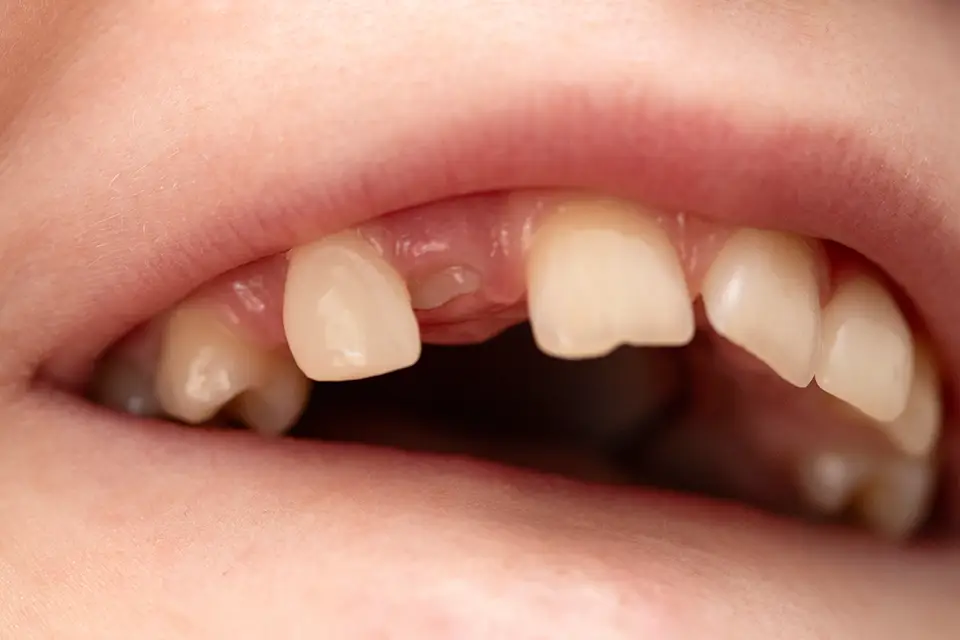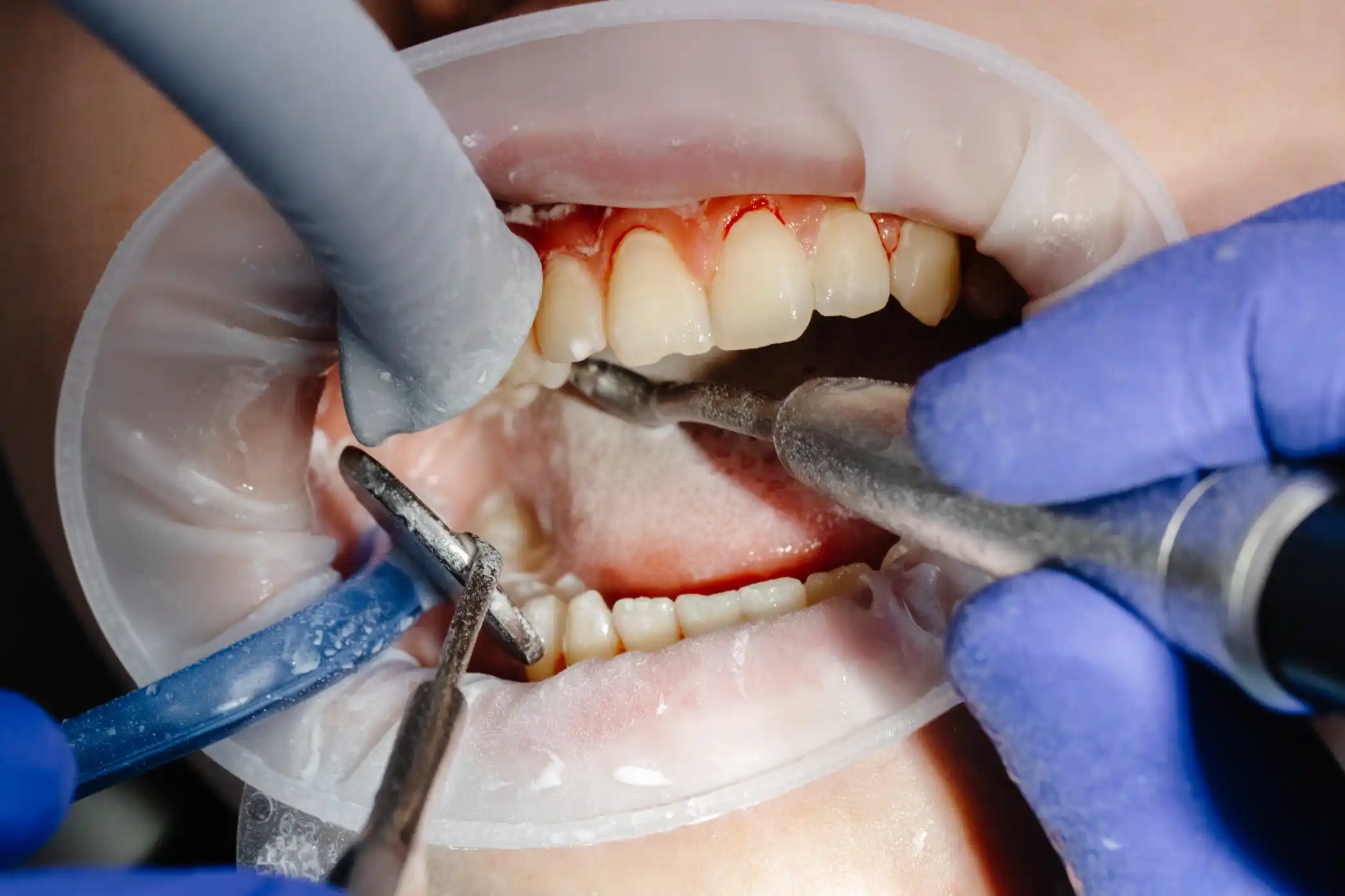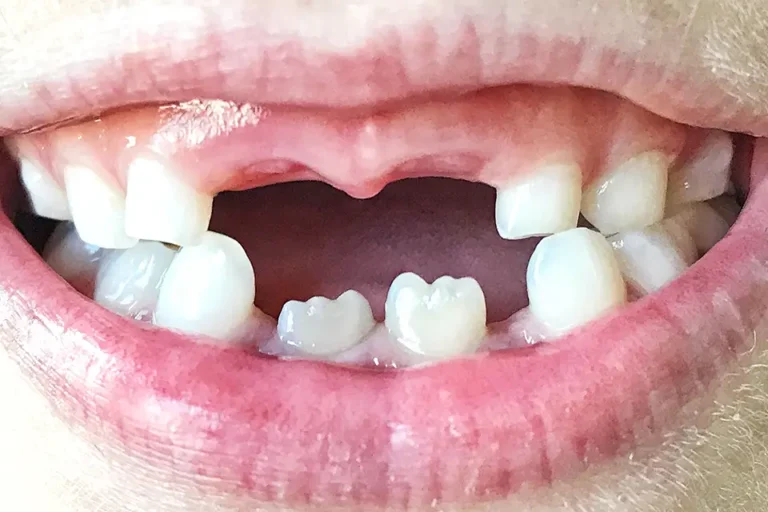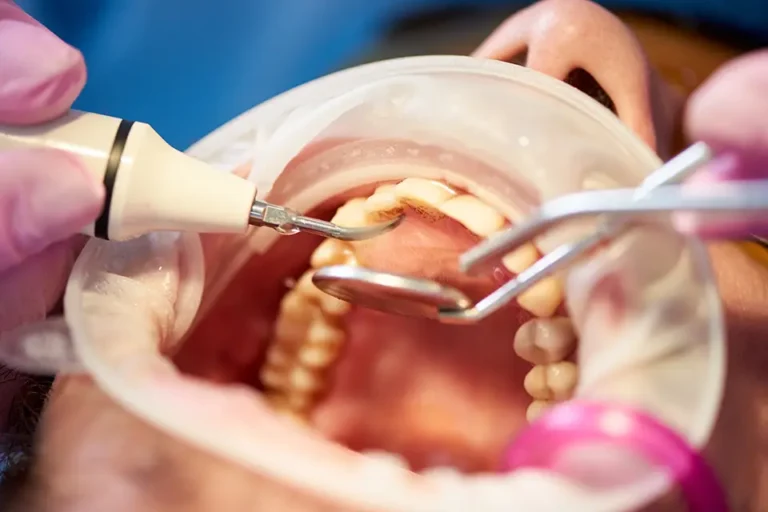An apicoectomy is a simple, minor surgical procedure. Children and adults undergo apicoectomy to save at-risk teeth and prevent potential problems. The endodontist exposes the gum tissue close to the tooth to see the bone and remove inflamed or infected tissue. A small filling seals the root canal, and a few stitches or sutures in the gingiva help the tissue heal. The bone around the end of the root recovers over several months.
Why Do I Need This?
After a root canal, you may need an apicoectomy, or root end surgery, to treat an infection. When dentists recommend this, it means a traditional root canal won’t be able to save your tooth. An apicoectomy often requires removing the tooth, which may affect the neighboring teeth. The goal is to keep your natural tooth functioning.
What Distinguishes an Apicoectomy from a Root Canal?
Dentists perform apicoectomy when an infection is the cause of tooth pain. When a root canal treatment fails, they typically perform apicoectomy. An apicoectomy is different from a root canal procedure. A root canal operation removes the tooth’s pulp and nerve and cleans the inside. The dentists targets the infection by eliminating the apex during an apicoectomy. They will only conduct an apicoectomy following a root canal since it may target your pain. Since apicoectomies are more complicated, they will want to try root canals first.
How Is an Apicoectomy Operation Performed?
Before having an apicoectomy, you might have X-rays taken of your teeth and jaw. Your dentist can better see the roots, root canal, and surrounding bone and tissue.
To numb the area before the surgery, you will receive cream and a needle in your mouth. After that, your dentist will make a tiny cut in the gum tissue surrounding the tooth. Next, they will check the bone and take out any infected tissue. If necessary, they will cut off the end of the root and fill the root canal’s tip to seal it. They will then place a few stitches to aid in the gum’s healing. Your bone will eventually heal around the root.
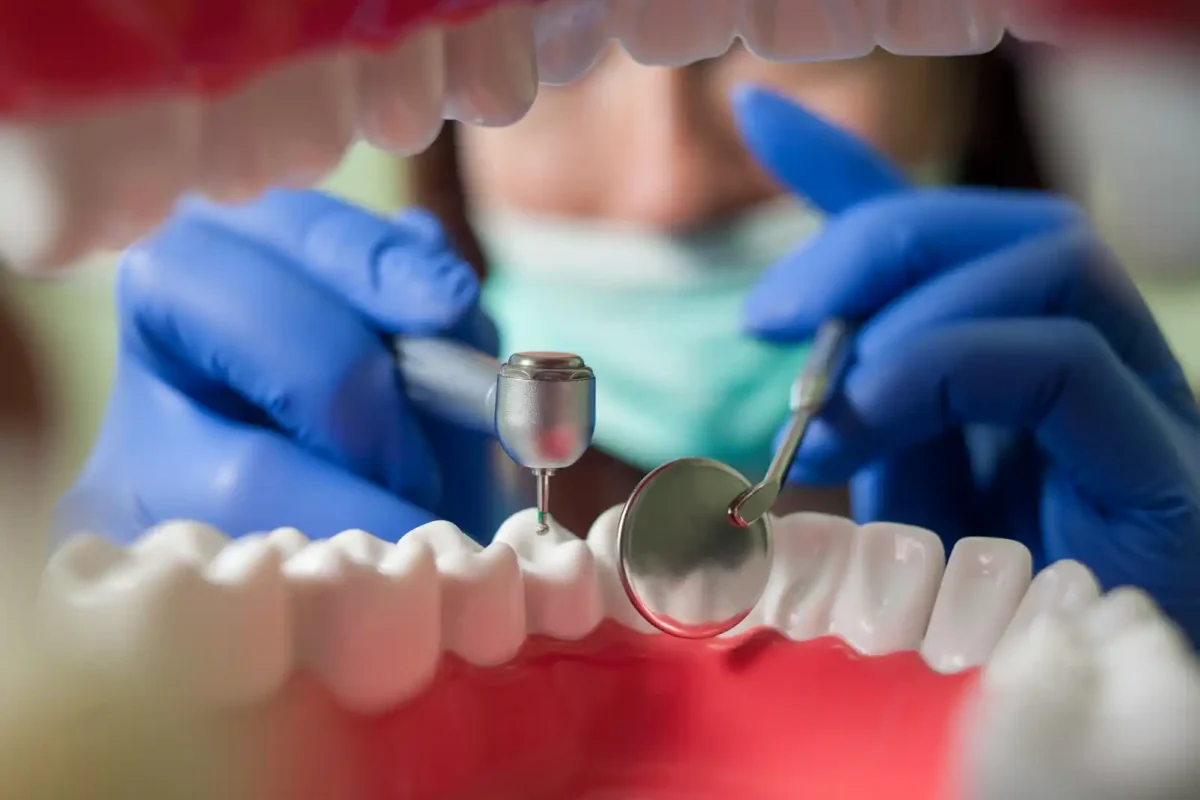
Recovery Following Apicoectomy
Once the anesthetic wears off, you can feel a little sore and swollen. This improves over the next few days, so you should be able to return to regular activities in a day or two. Antibiotics may be prescribed to treat or prevent an infection. Anti-inflammatory medications like ibuprofen should relieve discomfort.
Usually, the dentist removes the stiches after a week. You should be careful when cleaning and flossing around your stitches.
Apicectomy Risks
If the tooth is beyond repair, your dentist might not perform an apicoectomy. However, in some situations, tooth extraction may be necessary.
Apicoectomies can endure a long, even though no surgical procedure is entirely risk-free. A 2020 study found that 97% of apicoectomies lasted five years and 75% were still functional 13 years later.
Root end surgery may be your dentist’s best option to save your tooth. Ask your doctor if this surgery could benefit you.
Alternatives to Apicectomy
The operation is typically a backup plan if root canal therapy doesn’t work. If the apicoectomy fails, extraction may be the only choice, followed by a denture or dental implant.
Don’t wait to decide whether to have an apicoectomy. Serious oral health issues could arise from an infection that has spread around one of your teeth. Call us at Zara Dental if you live in Houston, Texas, and suffer from tooth pain!




